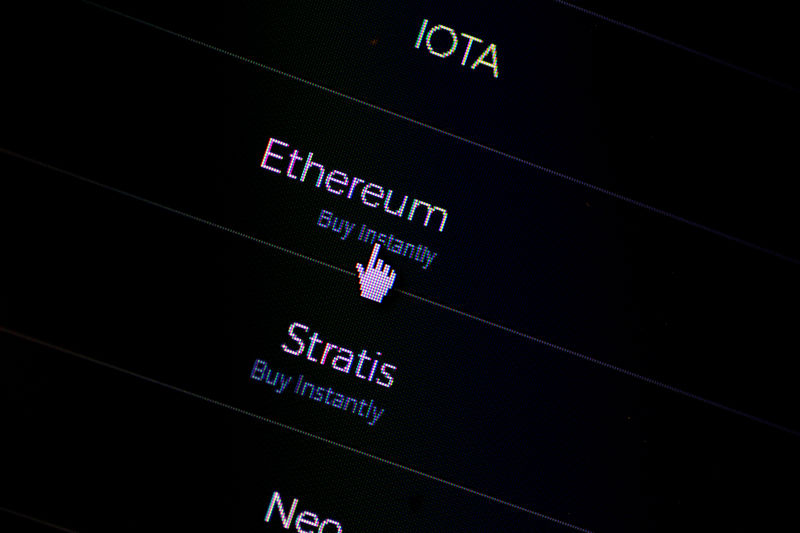A top-secret CIA intelligence report, illegally posted by 21-year-old US Air Guardsman Jack Teixiera, revealed that China is building cyberweapons to hack and hijack American satellites critical to US war-fighting operations, according to reports last week.
Frightening. But there’s more.
As a former senior analyst with the Defense Intelligence Agency (DIA), I specialized in foreign space warfare doctrines and have participated in multiple wargames simulating a conflict in space between the US and top adversaries such China and Russia.
I can confirm that cyberhacking is one of many weapons that China is amassing to target US satellites to deter America from intervening if and when China attacks Taiwan.
Here’s how dire the situation – which could be considered a sort of “Space Armageddon” – really is.
China’s military strategy has designated space as a war-fighting domain, according to the unclassified 2022 DIA report “Challenges to Security in Space.”
Having observed America’s way of war during the 1991 Gulf War – as well as in Kosovo, Afghanistan, and the second Iraq War — Chinese strategists believe that US reliance on space is both our strategic advantage and our Achilles heel.
Few Americans realize just how dependent we are on space for key aspects of civilian life, not just defense. We rely on our satellites for water management, power grid monitoring, and broadband access – along with the communications systems that power everything from banking to education to telemedicine.

When you use Google Maps to drive to the nearest 7-Eleven, it’s powered by the Global Positioning System (GPS), a constellation of 31 satellites flown by the US Space Force at an altitude of 12,550 miles.
During wartime, our troops also rely on GPS for tasks like synchronizing operations, pinpointing targets, and locating personnel. And in a war zone, satellites deliver everything from missile warnings to command-and-control efforts.
China’s military concluded that exploiting this vulnerability by attacking our satellites would provide Beijing with a decisive advantage in battles against U.S. forces. At the same time, China has been beefing up its own space arsenal, having doubled its number of orbiting satellites from 250 to 499 between 2019 and 2021, according to the DIA.
In 2015, China established its own version of the US Space Force – which operates US military satellites and other space-based equipment – the People’s Liberation Army Strategic Support Force (PLASSF).
Commanded by Gen. Ju Qiansheng and reporting directly to the Central Military Commission, the PLASSF is tasked with integrating cyberspace, space, and electronic warfare capabilities into joint military operations.
Back in 2016, during remarks on the first China Space Day, Chinese President Xi JinPing directed his military and government to achieve China’s “Space Dream” — becoming the foremost global space power by 2045.


China has achieved tremendous progress in operationalizing its space warfare doctrine, which calls for optimizing its own satellite constellation to provide “real-time battlefield awareness” while “deafening and blinding” U.S. forces. By crippling U.S. satellites, the PLA believes it can negate America’s superior conventional firepower.
U.S. Space Force Chief Gen. B. Chance Saltzman told the Senate Armed Services Subcommittee on Strategic Forces in March that today China has more than 700 orbiting spacecraft. This force enables Chinese kill chains and long-range precision-guided attacks, Saltzman continued, noting that the PLA is already able to “monitor, track, target and attack US forces in conflict.”
China’s space weapons arsenal includes both disruptive and destructive options. Terrestrial lasers can temporarily degrade satellite sensors. Electronic warfare jammers targeting US GPS and communications satellites can interfere with navigation and communications systems. Anti-satellite (ASAT) missiles destroy the satellites, rendering them inoperable.
Chinese strategists believe that non-destructive capabilities can be deployed at the inception of a conflict to destabilize their opponent’s civil society and create chaos. Imagine not being able to get cash out of an ATM, filling up your car with gas, or being stuck in a traffic jam on the way to an emergency room.


China is also weaponizing orbital interceptors, a space-based anti-satellite weapon that can cozy up to an adversary’s satellites to inspect or attack them.
In his testimony to Congress, Gen. Saltzman characterized China’s cyber capabilities as “extensive and dangerous,” warning that Beijing already has “shown the capability to physically control and move other satellites” by hacking into them and manipulating their outcomes.
The Pentagon has known about vulnerabilities in US space systems since January 2001, when a report commissioned by the then Defense Secretary-designate Donald Rumsfeld warned about a Space Pearl Harbor.
Since 1998, the Pentagon has regularly conducted a major interagency exercise, the Schriever Wargame, that simulates a conflict in space between the US and a top adversary. The last war game, SW 23, took place in March at Maxwell Air Force Base in Alabama. It included 350 U.S. military, civilian, and commercial experts and extensive international partners.
Every year, top U.S. defense officials receive classified briefings on the results of the Schriever Wargame. And yet the Pentagon still has yet to deliver a viable strategy to effectively deter US adversaries from attacking our satellites and secure our spacecraft.
The reason is the Pentagon’s “unbelievably slow” bureaucracy, plagued by inertia, as former STRATCOM commander and Vice Chairman of the Joint Chiefs Gen. John Hyten told reporters in 2021.


Much like in Afghanistan two decades ago and Russia-Ukraine today, the Pentagon is under-prepared for the possibility of space warfare. Our satellites, at approximately $1.7 billion a pop, still present attractive sitting ducks to US adversaries, such as China.
As Gen. Hyten said, America’s space birds are “big, fat, juicy targets.” No doubt more tempting every day as China moves toward what many believe is an inevitable attack on Taiwan.
















